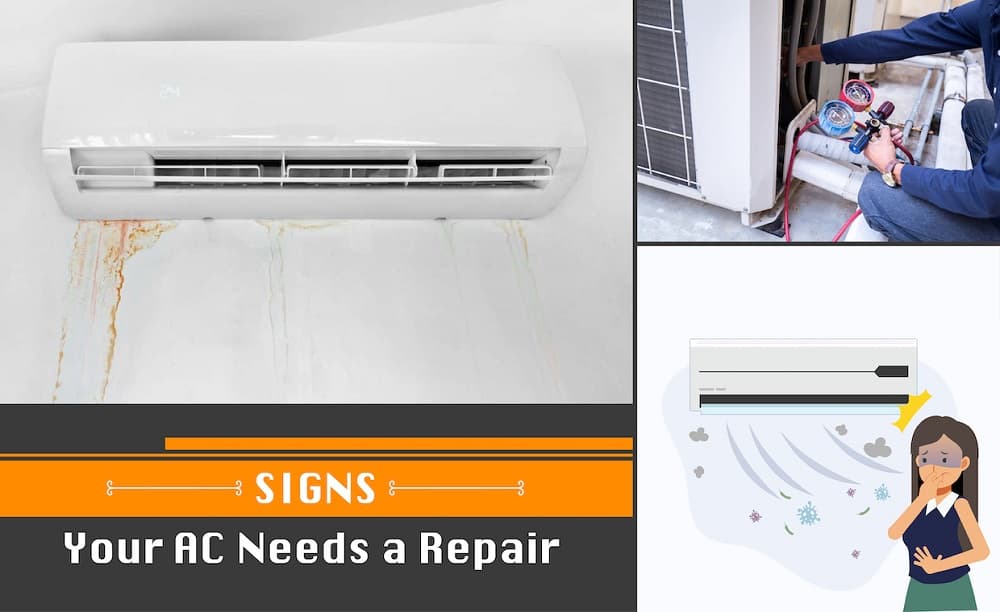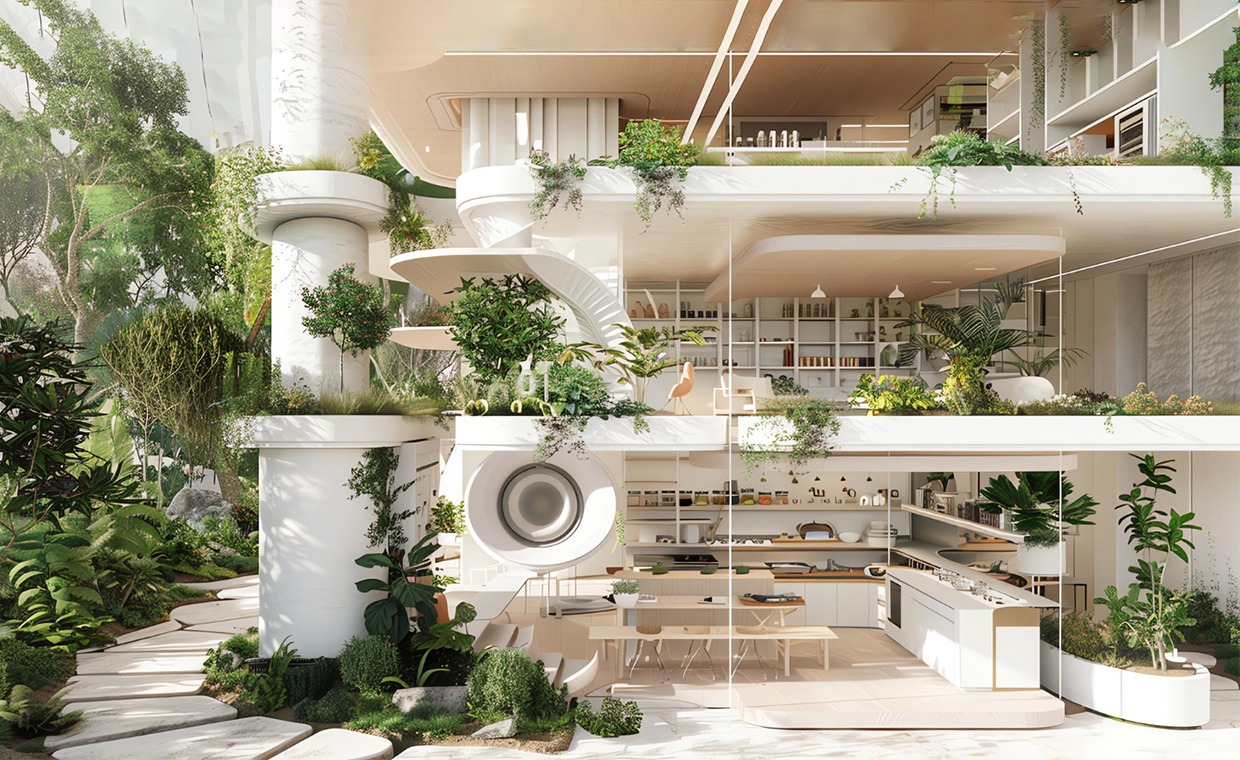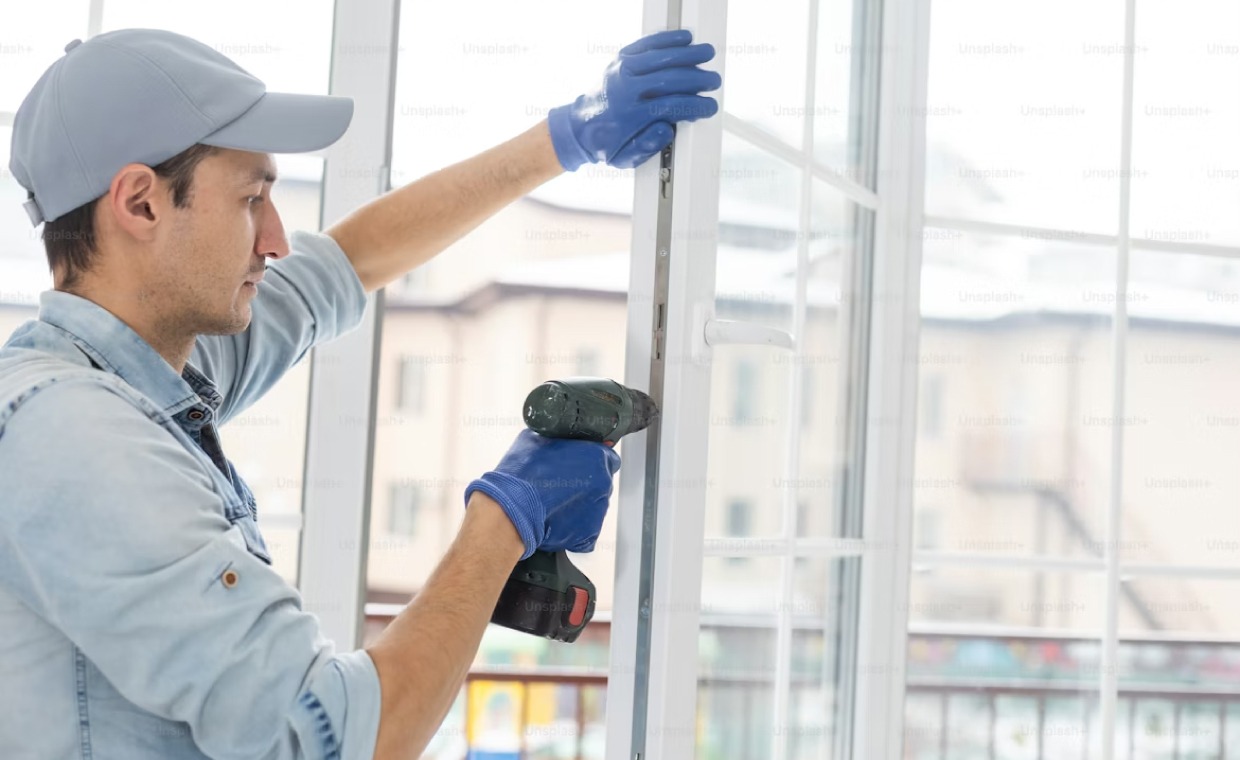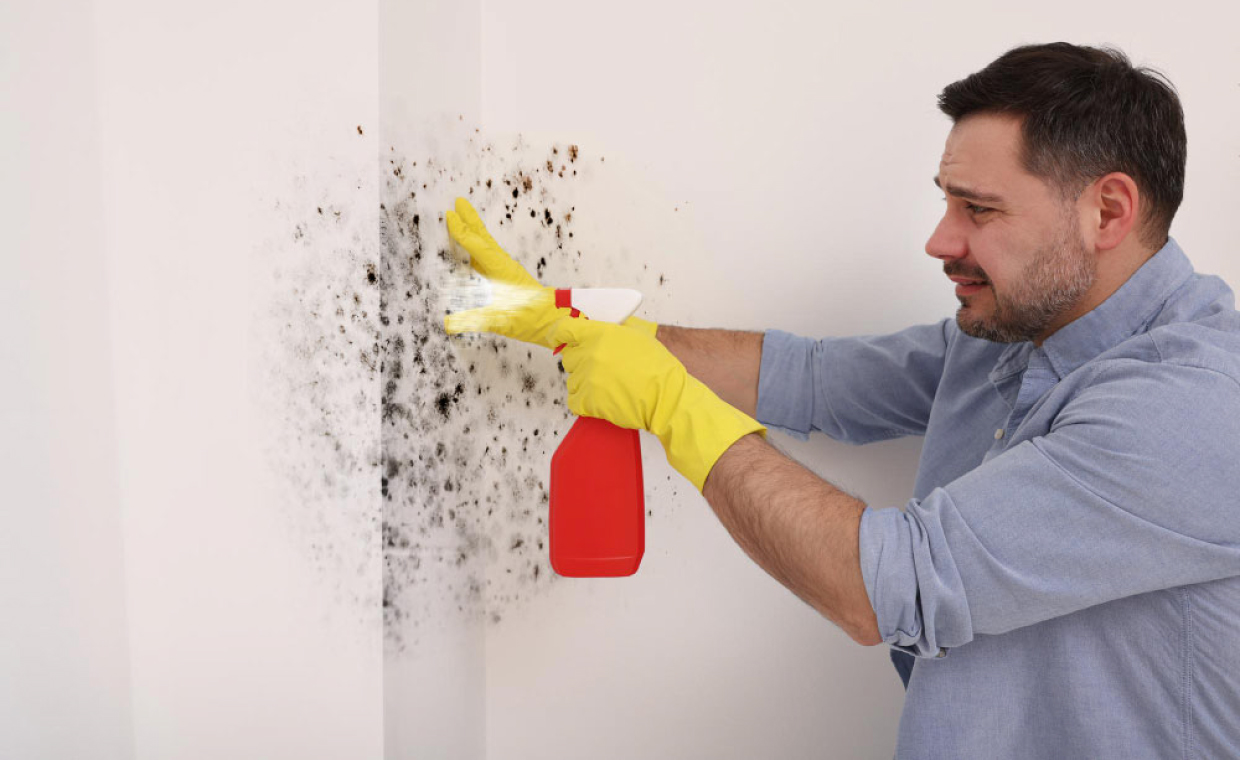
The hum of an air conditioner is often the unsung hero during hot, sweltering summer months. Yet, there are times when its comforting tune changes and it starts to struggle. These subtle shifts can be easy to dismiss, but they might be your first clues in a mystery that could lead to significant trouble down the line. Spotting the early warning signs of your cooling system can mean the difference between a minor fix and a major, costly repair.
Perhaps you’ve recently found yourself asking, “why is my air conditioner not cooling the house?” That question doesn’t merely signify discomfort; it’s a symptom of potential issues with your cooling system. Acknowledging this can save you from a sweltering summer day with a malfunctioning air conditioner.
9 Warning Signs You Need Air Conditioning Repair
Listed below are the warning signs that you need an air conditioning repair:
01. Unusual Sounds Or Smells from Air Conditioner

One way to detect potential issues is by paying attention to unusual sounds or smells coming from your air conditioner. Your air conditioner usually operates with minimal noise – a consistent, low-level hum. When the steady hum of your AC turns into rattling, buzzing, or whistling, it’s a sign your AC might be in trouble. Similarly, unusual odors – be it musty, burning, or pungent – could be indicative of significant issues. For example, an odd smell from your air conditioning unit could signify a severe mold problem requiring extensive air conditioner repair.
A less noticeable indicator that your air conditioner may be struggling is a sudden increase in your energy bills.
02. Increased Energy Bills

An abrupt spike in your electricity bills can be a red flag. An air conditioner that’s running more than usual or working harder will consume more energy. Furthermore, as air conditioners age, their efficiency can drop, leading them to use more power to provide the same cooling effect. This could signal that it’s time for air conditioner repair.
Such increased energy consumption often correlates with another common issue that could disrupt the serenity of your home environment: uneven cooling.
03. Inconsistent Cooling

Another sign of potential issues with your air conditioning system is inconsistent cooling. Are some rooms in your home cooler than others? Imagine your living room feeling like a chilly winter morning while your bedroom mimics a hot summer afternoon. Inconsistent cooling is a common sign underlying problems with your AC, like blocked vents or failing components that require servicing.
Water around your AC is another clear sign of potential problems.
04. Excess Moisture Or Leaks

Air conditioners typically produce some moisture. While it’s typical for air conditioners to produce a degree of condensation, especially in humid climates, substantial water leakage or unusual dampness around your unit is cause for concern, as it increases the risk of mold growth. Some of the usual causes include:
- Drainage issues: If the condensate drain gets clogged, it could cause water to back up into your home, leading to leakage.
- Frozen evaporator coils: Poor airflow can cause the evaporator coils to freeze, leading to water leakage when they melt.
Another potential issue to watch out for is a decrease in the airflow from your air conditioner.
05. Poor Airflow

A decrease in the air blowing from your vents could signal an issue with your air conditioning system. Here’s what could be happening:
- Ductwork issues: Leaky, blocked, or poorly insulated ducts can seriously affect your AC’s airflow. This can make some rooms feel warmer than others.
- Dirty or clogged filters: If your air filters are dirty, your AC will struggle to deliver cool air. Regular cleaning or replacement of filters can solve this problem.
- Failing compressor: The compressor is the core of your AC system. If it starts to fail, you might notice a significant reduction in airflow. This is a serious issue that entails immediate attention.
In addition to these potential warning signs, poor maintenance is another key factor that can lead to problems with your air conditioner.
06. Lack Of AC Maintenance

Regular maintenance is vital for your air conditioner’s efficiency and longevity. Skipping this can lead to a build-up of dust and debris, which can cause various issues, such as:
- Dust and debris build-up: Over time, this can lead to clogged filters, reducing airflow and forcing your AC to work harder, which decreases efficiency and increases wear and tear.
- Component failure: Regular check-ups can help catch issues early before they escalate into expensive repairs or even replacement.
- Decreased lifespan: Regular maintenance keeps your air conditioner in top shape and can extend its overall lifespan.
Age, a factor that affects us all, impacts AC units too.
07. Age Of The Air Conditioner

The age of your air conditioner significantly affects its efficiency and performance. Air conditioners typically last between 10-15 years. If your unit is within or beyond this range, you may need to start planning for a replacement. Older units often require more frequent repairs. If your AC needs frequent repairs, it might be time to consider replacing it.
Over time, an air conditioner’s efficiency can decrease, meaning it’ll use more energy to cool your home.
08. Refrigerant Issues

The refrigerant in your air conditioner plays an essential role in cooling your home. A leak or an improperly charged refrigerant can affect the efficiency of your air conditioner. If the refrigerant level is low, your AC won’t cool your home effectively.
- Leaks: A refrigerant leak will lower your air conditioner’s efficiency and may even lead to complete system failure if not addressed promptly.
- Improper refrigerant charge: If your AC wasn’t properly charged with refrigerant during installation, it will not cool effectively.
- Types of refrigerants: Using the wrong type of refrigerant can cause your system to operate inefficiently and may even cause damage.
The refrigerant, a crucial component of an AC’s operation, can cause detrimental issues if problematic.
09. Faulty Thermostat

The thermostat serves as the control center for your air conditioning system. Sometimes the problem isn’t with the air conditioner itself, but with the thermostat. If it’s not calibrated correctly, it won’t signal the AC to cool your home properly. In some cases, a faulty thermostat might not signal the AC to start cooling.
Furthermore, you might experience inconsistent temperatures in your home. For example, your AC might run longer than necessary or not long enough to properly cool your home.
Final Thoughts
In understanding these warning signs and potential causes, you’re equipped to prevent minor issues from becoming major problems. At the first sign of trouble, it’s always best to contact a professional. They can provide expert air conditioner repair services and help ensure you stay cool all summer long.
Keeping your air conditioner running smoothly involves monitoring for unusual sounds, smells, or energy usage, ensuring consistent cooling and airflow, maintaining the unit regularly, and being aware of the effects of the unit’s age and potential refrigerant or thermostat issues. Understanding these factors allows you to take action before minor issues become significant problems. Armed with this knowledge, you’re empowered to ensure the longevity of your air conditioner. Don’t wait for the heat of the summer to check your unit—start today!






























